According to Mr. Huynh Tan Dat (photo) - Director of the Plant Protection Department (Ministry of Agriculture and Rural Development), public-private cooperation in the management and use of pesticides and supporting farmers in the responsible use of pesticides has brought about practical results.
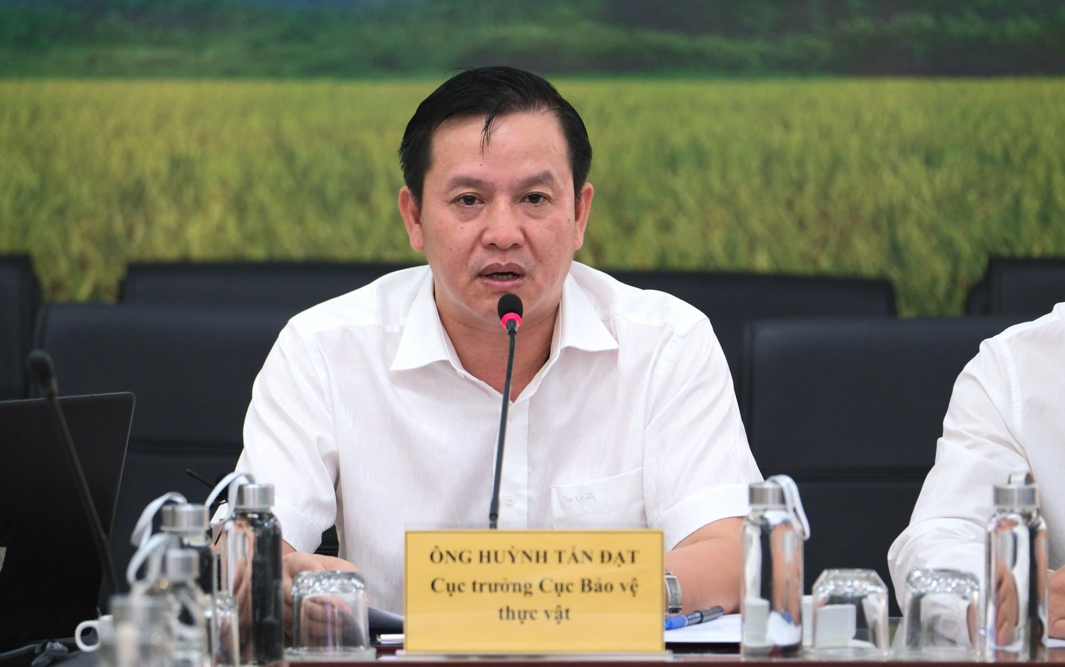
Mr. Huynh Tan Dat - Director of Plant Protection Department (Ministry of Agriculture and Rural Development).
Recently, the Plant Protection Department (PPD) has strengthened cooperation with international enterprises and organizations in guiding and supporting people to use pesticides safely and responsibly, and increasing the use of biological pesticides and organic fertilizers. This includes coordinating with the CropLife Vietnam Association and the Department of Agriculture and Rural Development of Dong Thap to implement a program to support farmers in using pesticides safely and effectively. How do you evaluate the effectiveness of this program?
- Strengthening guidance on the safe, effective and responsible use of plant protection products in agricultural production is the first and priority task of the Plant Protection Department. In recent times, the Department has coordinated with authorities at all levels and partner networks in the plant protection industry to develop many action programs, propagate and disseminate legal regulations on the safe and effective use of agricultural materials, including plant protection products.
The implementation of the program in Dong Thap as well as in many other localities across the country reaffirms the Department's long-term commitments to pursuing expectations for sustainable agricultural development. After 3 years of implementation, the participation and positive feedback from farmers - the direct beneficiaries of the training courses - have shown the effectiveness and some initial impacts of the program, thereby highlighting the importance of public-private partnerships in raising awareness and promoting safe farming practices.
The program in Dong Thap is expected to be a pilot project on training in the use of pesticides. The results and practical benefits from the program are expected to spread and create momentum for replication in the Mekong Delta region and other provinces across the country. The program also shows the responsibility of the participating parties as well as the importance of public-private cooperation in supporting and guiding farmers in the use of pesticides in particular and agricultural inputs in general towards sustainable agricultural cultivation.
We acknowledge the contributions and effective coordination of the Plant Protection Department and CropLife Vietnam through positive feedback and changes in the process of changing the awareness of farmers and agents about responsible agricultural production. The application of sustainable production methods not only brings many important economic , health and environmental implications, but also contributes to building brands and enhancing the value of local agricultural products.
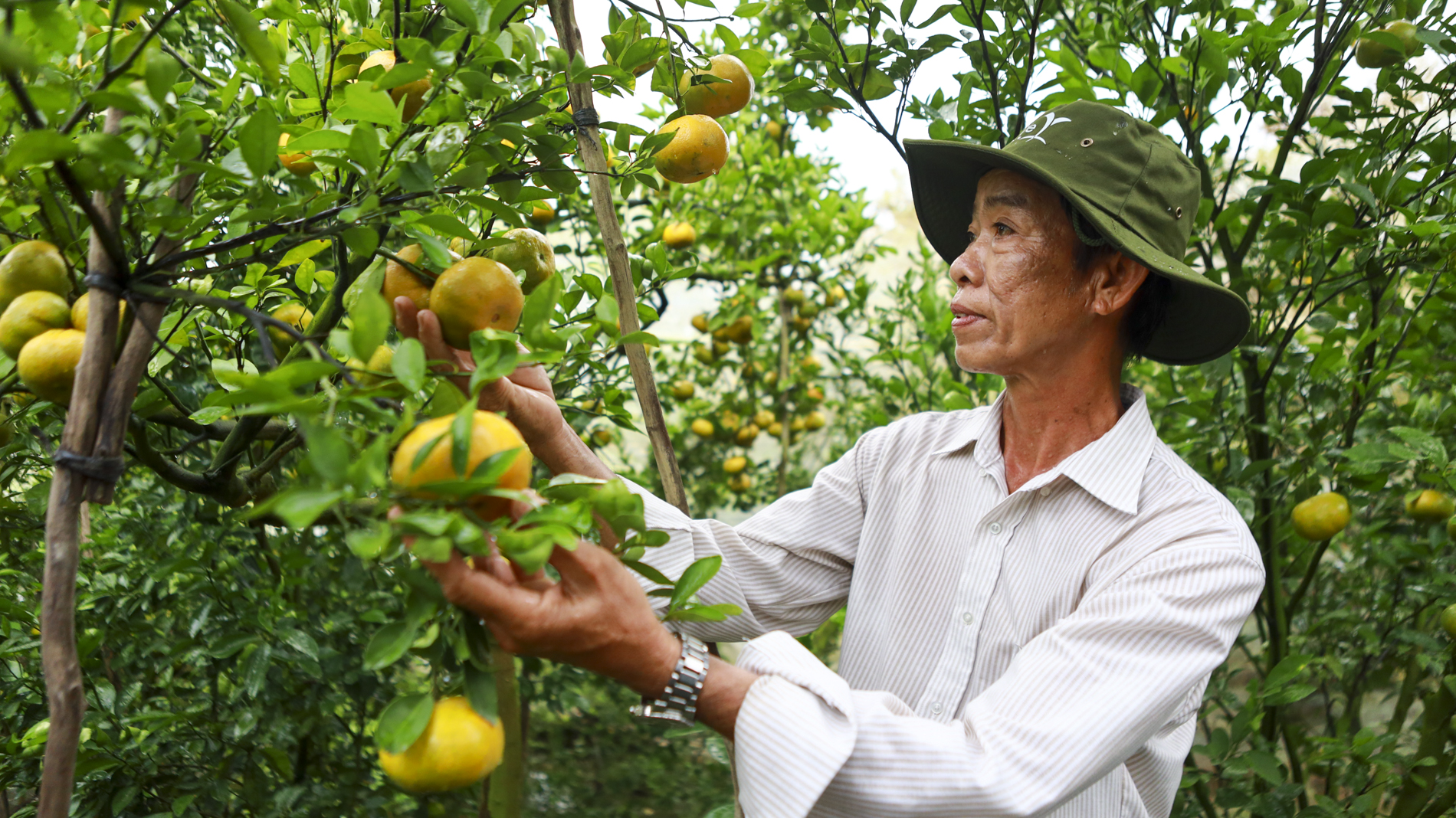
Mr. Nguyen Van Day (in Long Hung 2 hamlet, Long Hau commune, Lai Vung district, Dong Thap) checks the quality of pink grapefruit. Photo: NC
One of the top priorities of the cooperation program between the Plant Protection Department and CropLife Vietnam is to support farmers in Dong Thap to access training programs on the safe and effective use of pesticides on key crops.
According to you, what is the biggest gain for all parties when participating in this program?
- I think that the numbers achieved during the 3 years of implementing the program have proven the effectiveness it brings to farmers, technical staff and local authorities in managing and using plant protection drugs safely, sustainably and responsibly.
According to a report by the Department of Agriculture and Rural Development of Dong Thap, by the end of 2024, the program had trained more than 3,700 farmers, nearly 1,000 agricultural material dealers and 100 technical staff in Dong Thap province on the principles of safe and responsible use and trade of pesticides; distributed more than 3,700 sets of protective clothing for farmers to use when spraying and mixing pesticides. In addition, the three parties have also coordinated to deploy 6 models of responsible use of pesticides on the province's key crops including rice, ornamental flowers, durian, chili, mango and citrus trees, with a total model area of over 350 hectares and more than 600 farmer households participating. In just 2 years 2022-2023, the program has carried out 36 collection rounds in districts and 8 rounds in models, with a total collection volume of more than 21 tons of packaging.
Thus, from these figures, it can be seen that through training courses, farmers have been exposed to new methods to change their production mindset, creating safe agricultural products; local authorities have a role in developing policies, strategies, and toolkits for farmers to easily access, raise awareness, and thereby make decisions and choose the right agricultural materials and technical packages to gain high profits while still ensuring environmental friendliness and consumer health.
Public-private partnership is one of the solutions for the Plant Protection Department to implement programs and projects to develop sustainable agricultural production according to the policies of the Party and the State. How do you evaluate public-private partnership in the field of plant protection?
- Recently, the Plant Protection Department has advised the Ministry of Agriculture and Rural Development to issue four very important projects, namely the project on integrated plant health protection (IPHM), the project on development and use of biological pesticides, the project on increasing the use of organic fertilizers and the project on soil health and plant nutrient management. All of these projects aim towards a sustainable, safe and responsible agricultural ecosystem; reducing the use of chemical agricultural materials, prioritizing the use of biological pesticides and organic fertilizers; and enhancing environmentally friendly technical packages.
In the coming time, what will the Plant Protection Department prioritize in cooperation with businesses on the management and safe and effective use of plant protection drugs?
- In the coming time, the three parties will continue to cooperate to continue and improve the results achieved in the past three years. 2025 will mark a number of notable new points in the program, including: Expanding the model of responsible use of pesticides to other key crops, in line with the province's export orientation; implementing training on safety when using drones to spray pesticides; introducing and guiding farmers to participate in an online training program on safe and effective use of pesticides, expected to be issued by the Plant Protection Department in the near future.
Thank you!
Source: https://danviet.vn/hop-tac-cong-tu-trong-quan-ly-su-dung-thuoc-bao-ve-thuc-vat-an-toan-hieu-qua-co-trach-nhiem-20241212183530836.htm








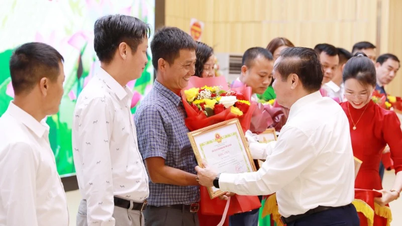

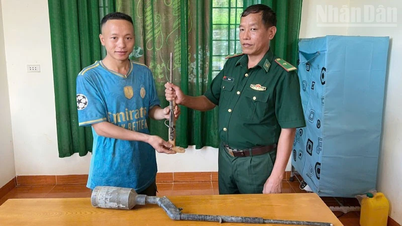
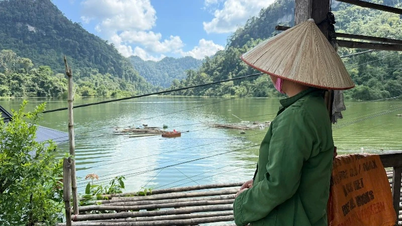
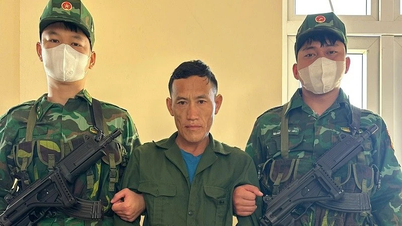
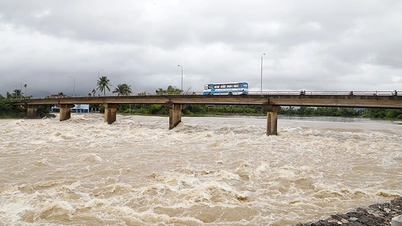
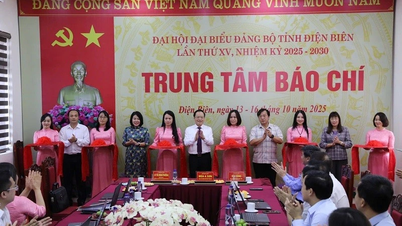




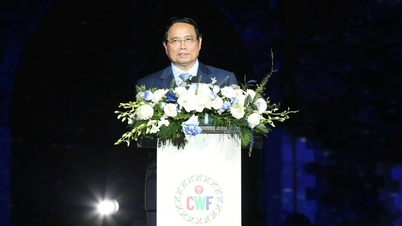





![[Photo] Solemn opening of the 1st Government Party Congress](https://vphoto.vietnam.vn/thumb/1200x675/vietnam/resource/IMAGE/2025/10/13/1760337945186_ndo_br_img-0787-jpg.webp)





















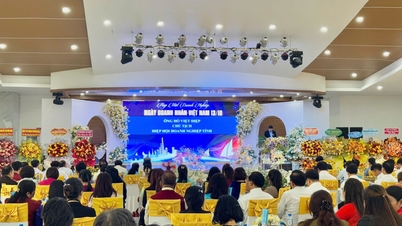











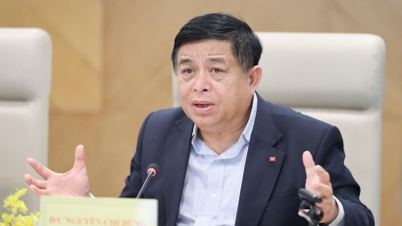






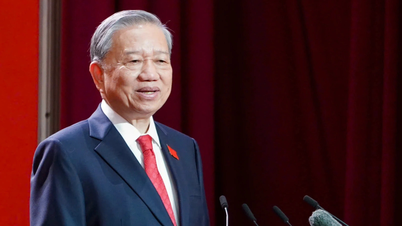




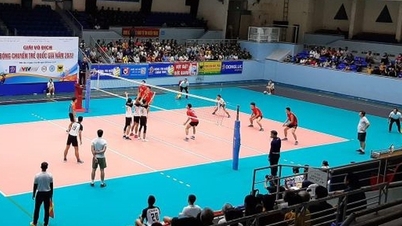


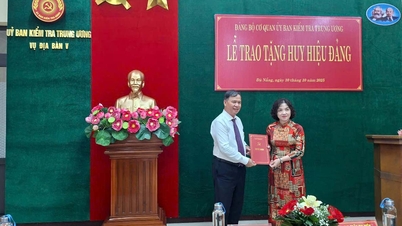

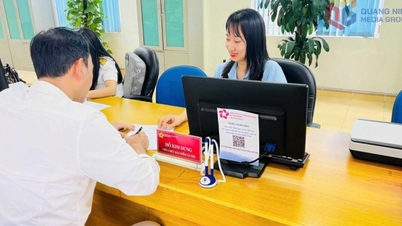

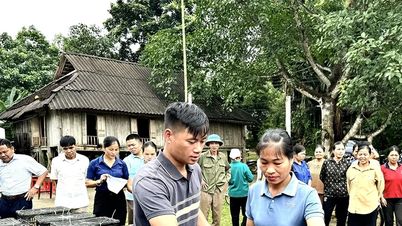

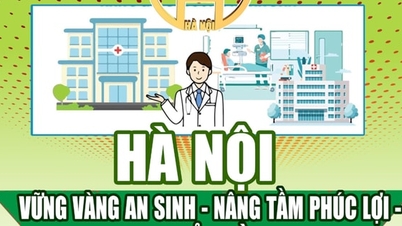

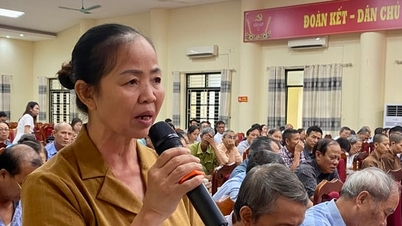
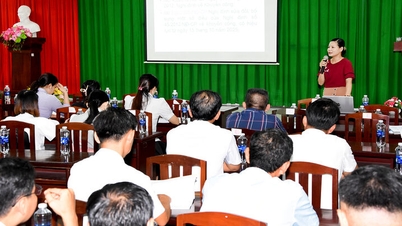

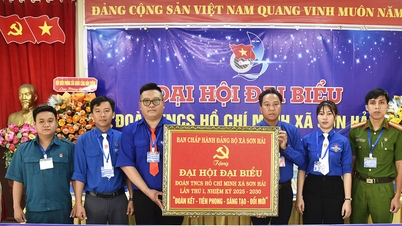














Comment (0)